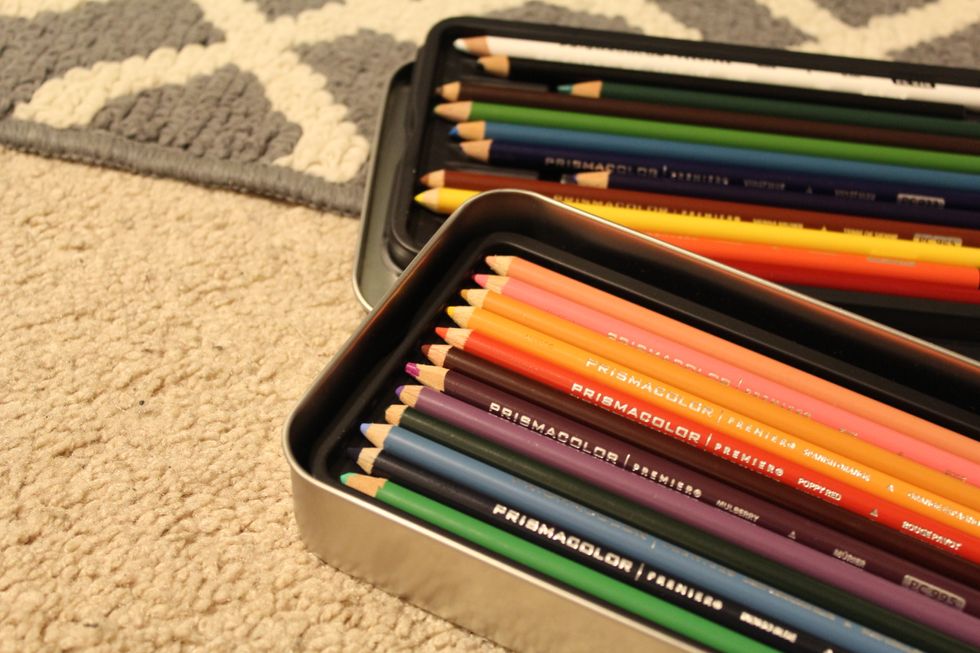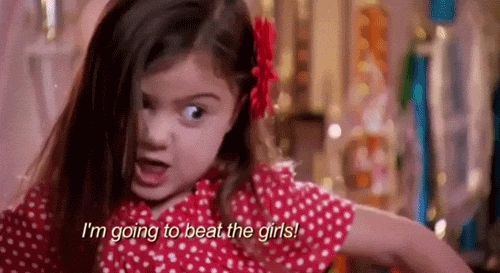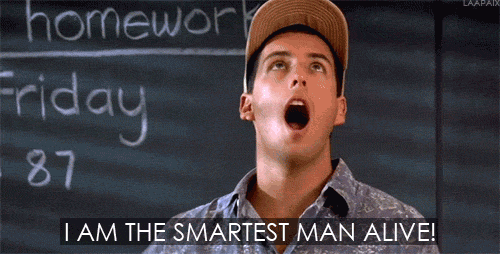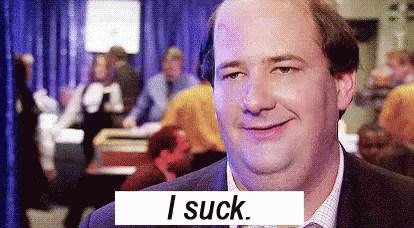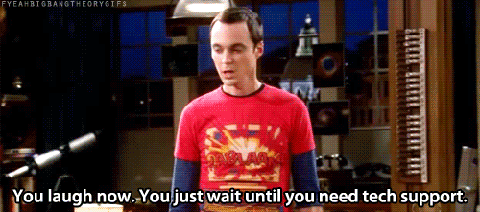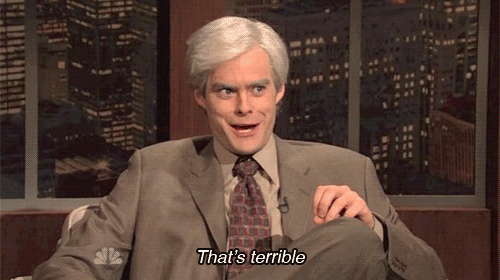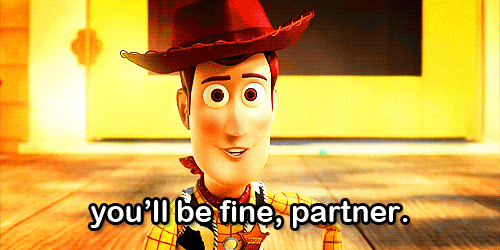As a graphic design major, I get a lot of inquisitive questions about my schedule, the amount of hard work needed to get good grades, and why I chose to pursue art as a career. Though there are no simple answers to any of these questions (everyone’s experience as an art major is different), I can assure you that there is a lot more to being an art major than just finger-painting and making things look pretty.
1. It is EXTREMELY competitive.
Art is one of those things that naturally just brings out a competitive spirit in everyone. Remember coloring time in kindergarten, when you would look at the kid sitting next to you to see if they colored in the lines better than you? That competition doesn’t ever really go away. Though there are many different types of artists and styles, you are forced to compare your work to others. After all, in the end, everyone is fighting for the same jobs, just like any other area of study.2. There's no "right" way to do things.
It’s not like math or science where there is just one answer to a problem or question. Art is complicated. There are a variety of techniques and skills that people acquire in order to get to the same or similar outcome. Artists can also interpret things differently which allows for more flexibility while working on a project.3. But there are things that work better for some people, and not so much for others.
4. It requires a lot more time than people think.
Although there’s not much concrete study time cut out of your schedule, art does require constant attention, otherwise, the goals of projects can get lost and one can lose their “groove.” I’ve spent up to six hours with no break working on one single project — and I didn’t even finish it. The good thing is though it requires your full attention, if you actually enjoy and get into your work, the time flies by so much faster!5. There are a lot of non-art related things you need to know.
You still need to be well-rounded as an intellect in order to understand art and how it interacts with the world around us. After all, how people in society respond to your work is what will determine whether or not it is accepted as good or bad.
6. Preparation is your best friend.

7. Failure is necessary.
Probably the only subject that acknowledges mistakes as a good thing. Doing things over and over again, though it can be frustrating, gives you more practice and allows you to understand your end goal more. You can think of an idea and how perfectly it will turn out, but you or a client might end up hating the final product. This is perfectly fine. It gives you a chance to stay open-minded and experiment a little.8. The general population underestimates what you do.
I’ve had friends that make fun of me and believe that my major is a total joke. But then I whip out a pencil and a piece of paper and tell them to simply draw a perfect circle and they can’t do it. There is a lot more that goes into what we do than people realize. It requires a lot of thought and focus and is just as exhausting and emotionally draining as a big science exam.9. Critiques are brutal, but essential.
No one likes when people criticize and pick apart something they worked on and thought was A+ work. However, critiques allow artists to be introduced to a new perspective that they might have been closed off to before.
10. Your "brand" is yours, and no one else's.
You do you. There’s nothing wrong with letting other artists’ work inspire you, but be original. Allow yourself to create what means the most to you.

